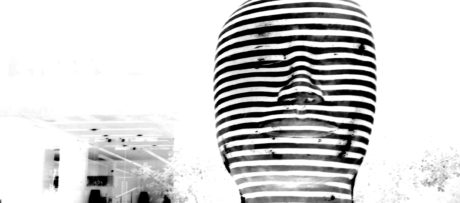In estate litigation, the practice of making secret or surreptitious recordings is not uncommon. It’s not unusual for tape recorders to be hidden around the home, or for phone calls to be recorded without the consent or knowledge of the other party. This begs three questions: (1) What do judges actually think of this practice? (2) Are these recordings usually admissible in court? (3) Do these recordings tend to help, or hurt the party tending the evidence?
I – What do Judges Think?
In family law litigation (a close kin of estate litigation), litigants regularly make secret recordings of one another and attempt to introduce them into evidence. As a result, there is an abundance of published decisions addressing this issue. Overall, judges do not approve of this practice.
In Hameed v. Hameed, Justice Sherr of the Ontario Court of Justice said: “surreptitious recordings of telephone calls by litigants in family law matters should be strongly discouraged.” This is because family law cases are already marked with conflict and mistrust. Where a child is concerned, the goal of the litigation process is for both parties to learn to work together in the best interests of the child. The practice of making secret recordings is “destructive” to this goal.
II – Is It Admissible in Court?
In Canadian evidence law, evidence must be found by a trier-of-fact (either the jury or the trial judge) to be relevant and material before it is admissible in court. Relevance is a matter of human experience and logic. Can the existence of that evidence make a material fact more probable to be true? Materiality refers to whether there is a connection between the evidence and a legal issue before the court.
Admissibility matters because courts may only consider admitted evidence in reaching its decision.
Where the evidence is found to be both relevant and material, judges have discretion on whether they will admit the evidence. This is done on a case-by-case basis, where judges will compare the probative value of admitting the evidence against its prejudicial effect. In other words, the degree to which the evidence proves facts should outweigh any negative impact it may have on the proceeding’s fairness. The pros of admission should outweigh the cons.
The leading case is Lam v. Chiu. The plaintiff, Mr. Lam, claimed that he loaned $100,000 to his ex-fiancée, the defendant, Ms. Chiu. She denied such a loan. At trial, Mr. Lam sought to introduce a 20-minute recording which supports his allegation. Justice Gray held a voir dire (a mini-trial within a trial regarding the admissibility of evidence) and decided that while there was some prejudice to the defendant, such as the inherent unfairness of a one-sided secret recording, there was enough probative value to admit this evidence. In the end, little turned on the admission of that tape.
In the recent estate litigation decision of Rudin-Brown v. Brown, Justice Williams of the Superior Court of Justice had occasion to comment. His Honour noted that the “improper or illegal” manner which evidence is obtained does not impede its admission at common law. What matters is the test of prejudicial effect against probative value. An analysis of the case law shows that even if though the practice of secretly recording another is one condemned by judges, they can and will admit evidence whose probative value outweighs its prejudicial effect.
III – Do Secret Recordings Help or Hurt?
The answer is: it depends. It depends on what is on the recording, what are the facts of the dispute, and even what kind of law governs the dispute. In an employment law context, the recording itself may be tendered by the employer to demonstrate wrongdoing by the employee. In Surrett v. Butkiewicz, the content of the recording did not help the party tendering it. However, the act of illegally recording resulted in a negative inference against him. In Sheidaei-Gandovani v. Makramati, Justice Sherr held that the use of surreptitious recordings should be sanctioned by cost consequences.
When it comes to secret recordings, litigants hoping to use them to their advantage should think twice. Although the evidence may be admissible, our case law is filled with cautionary tales where the recording did more harm than good to the party tending it.
This blog post was based on Mr. Gord McGuire’s excellent article, “The use and admissibility of surreptitious recordings in civil litigation” published in the Spring 2021 edition of The Advocates’ Journal.

